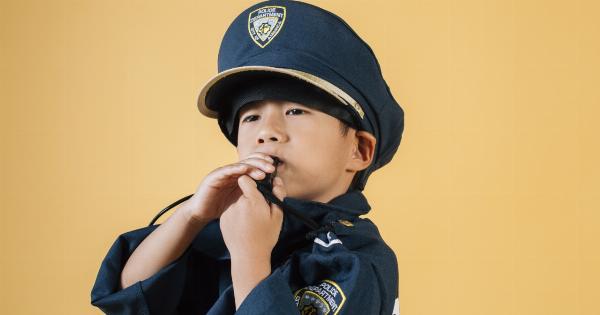As parents, we often have concerns about our children’s health, especially when it comes to their sleep patterns.
It can be alarming to hear your child snoring, snapping, or whistling during sleep, and you may wonder if it is normal or a cause for concern. In this article, we will explore these sleep-related sounds commonly heard in children and discuss whether they are normal or indicative of an underlying issue.
Understanding Snoring in Children
Snoring is a common sleep sound that occurs due to the vibration of the respiratory structures, typically caused by obstructed airflow during sleep. While snoring is more commonly associated with adults, it can also be observed in children.
Transient snoring in children is usually benign and occurs when the airflow is temporarily blocked by enlarged tonsils, adenoids, or mucus. It is particularly common in children between the ages of three and seven.
Snoring can also be influenced by the position in which a child sleeps or temporary nasal congestion due to allergies or a minor cold.
In most cases, occasional snoring in children is not a cause for concern. However, if your child’s snoring becomes frequent, loud, or accompanied by pauses in breathing, it could indicate a more serious condition, such as sleep apnea.
Understanding Snapping or Clicking Noises
Snapping or clicking noises during sleep can be alarming for parents. These sounds may resemble the snapping of fingers or popping of joints and can occasionally be heard when a child is drifting off to sleep.
In most cases, snapping or clicking noises during sleep are harmless and do not require medical intervention. These sounds often occur when muscle fibers in the airway or throat relax or shift position, resulting in a brief noise.
They are typically unrelated to any underlying health issues and tend to resolve on their own over time.
Whistling Sounds and Sleep
If you notice your child producing whistling sounds during sleep, it is important to pay attention to the context and frequency of these sounds. Whistling sounds can be indicative of various factors:.
1. Nasal Congestion
When a child’s nasal passages become congested due to allergies, a cold, or other respiratory conditions, it can lead to whistling sounds during sleep. The narrowed airways and restricted airflow cause the whistling noise.
In most cases, nasal congestion-related whistling sounds are temporary and resolve once the underlying issue is addressed.
2. Foreign Body Obstruction
Children are naturally curious and tend to explore their surroundings. Sometimes, they might insert small objects into their nose inadvertently while playing, which can obstruct the nasal passages and cause whistling sounds.
If you suspect that your child has a foreign body lodged in their nose, it is essential to seek medical attention for its safe removal.
3. Structural Abnormalities
Some children may have structural abnormalities in their nasal passages or throat, such as a deviated septum or enlarged tonsils, which can lead to whistling sounds during sleep.
If these structural issues are causing significant discomfort or affecting your child’s quality of sleep, it is advisable to consult with a healthcare professional for an accurate diagnosis and appropriate treatment.
When to Consult a Healthcare Professional
While occasional snoring, snapping, or whistling sounds during sleep are usually harmless, there are instances where medical attention is warranted. You should consider seeking a healthcare professional’s advice if:.
1. Persistent Snoring
If your child’s snoring is frequent, loud, or disruptive, it is advisable to consult with a healthcare professional.
They can evaluate whether the snoring is due to underlying health issues, such as sleep apnea, or if intervention is required to improve your child’s sleep quality.
2. Pauses in Breathing
If you observe pauses in your child’s breathing while they snore, it may indicate a condition called sleep apnea. Sleep apnea can significantly impact your child’s sleep and overall health.
Seeking medical attention is crucial to diagnose and manage this condition appropriately.
3. Sleep Disruption and Daytime Fatigue
If your child’s sleep is regularly disrupted by snoring, snapping, or whistling sounds, and they experience excessive daytime fatigue or irritability, it is recommended to consult with a healthcare professional.
They can evaluate the underlying causes and provide appropriate guidance or treatment to address these issues.
Conclusion
While snoring, snapping, and whistling sounds during sleep can be unsettling for parents, they are often a normal part of a child’s development. Transient instances of these sounds are usually harmless and tend to resolve on their own.
However, if you have concerns about the frequency, intensity, or associated symptoms, it is always wise to consult with a healthcare professional to ensure your child’s well-being and address any underlying issues.



























